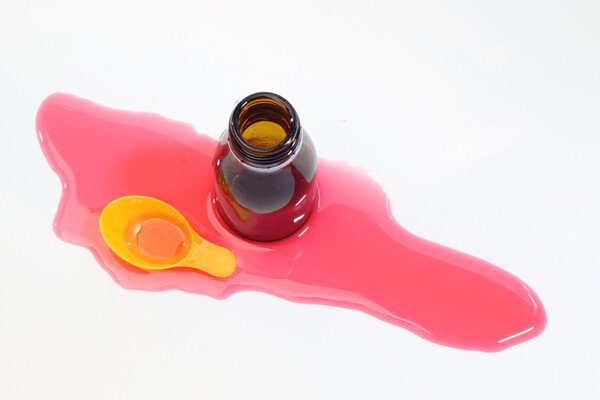The Ministry of Food and Drug Safety (MFDS) said Thursday that it will maintain the exsintguse standard for aspartame, amid ongoing controversy over its possible carcinogenic effects.

The International Agency for Research on Cancer (IARC) and the Joint FAO/WHO Expert Committee on Food Additives (JECFA), two specialized agencies within the World Health Organization (WHO), have been evaluating the safety of aspartame and released their findings Thursday.
According to the findings, the IARC classified aspartame as a Group 2B (probable human carcinogen) in its classification of possible carcinogens. However, JECFA concluded that the data evaluated indicated no sufficient reason to change the previously established acceptable daily intake (ADI) of 40 mg/kg.bw/day and deemed it safe at current consumption levels.
ADI refers to the maximum daily intake per person for a substance that can be consumed over a lifetime without adverse effects.
According to the JECFA research, aspartame is fully hydrolyzed in the gastrointestinal tract of humans and animals into three metabolites -- phenylalanine, aspartic acid, and methanol – upon oral absorption. It also noted the scientific limitations of the oral carcinogenicity studies, and the lack of genotoxicity evidence.
Based on the JECFA assessment and the results of a 2019 survey on aspartame intake in Koreans, the MFDS concluded that it is appropriate to maintain the current use standard for aspartame.
The average intake of aspartame in the Korean population was only 0.12 percent of the ADI set by JECFA, the survey showed.
The MFDS stressed that the IARC is an organization that evaluates the cancer risk of substances itself and does not consider actual intake.
“The IARC classifies substances as probable carcinogens based on research data on whether they cause cancer in humans or experimental animals, regardless of the amount consumed, and if there is insufficient evidence that they cause cancer in experimental animals or humans, they are classified as Group 2B,” the ministry said.
In addition, the ministry explained that IARC classifies alcohol and processed meat as Group 1 carcinogens, and hot beverages over 65 degrees, and red meat such as beef and pork as Group 2A.
“Even if aspartame is classified as Group 2B, it does not mean that it is prohibited from being consumed as food,” the ministry said.

